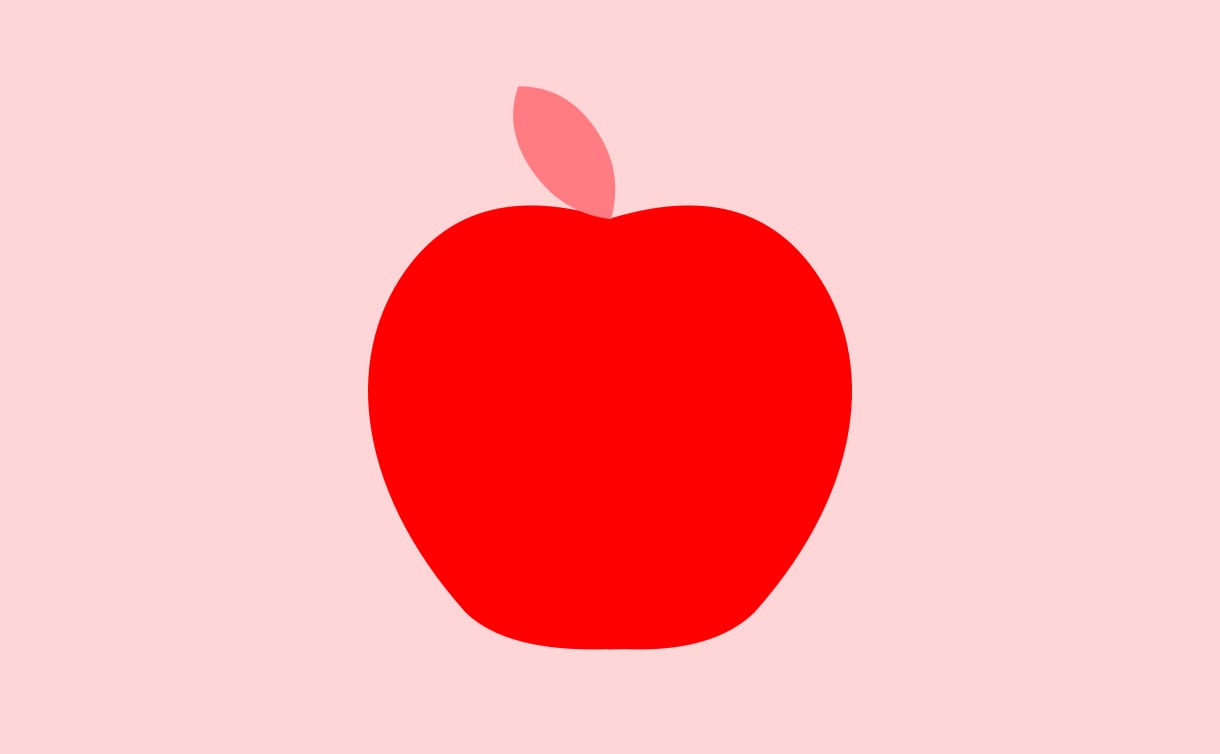
The Best Foods for Your Gut
Learn how to feed the good bacteria in your gut.

The food you eat impacts your gut. It’s intuitive, but we don’t always remember the connection. A varied, balanced diet is the starting point, contributing to a strong, resilient microbiome.
But which foods are best for your gut? In this article, we’ll find out the best foods for your gut and microbiome, as well as the best ways to ensure your gut is getting the support it needs.
Why is your gut important?
Your gut microbiome is one of the most important systems in your body. It contains hundreds of trillions of microorganisms, and by filling your diet with fibre-rich foods, you provide your gut microbiome with all of the compounds and nutrients these bacteria need to thrive. And when they thrive, they can get on with their job, helping out in every way they can.
The best foods for your gut
At Heights, we advocate a food-first approach to the gut. Diet is the starting point for improving the strength and resilience of your microbiome, and these are some of the best foods for your gut.
Fruit vegetables and legumes
The average woman needs 25 grams of fibre a day, while men should aim for at least 38 grams daily. However, only 5% of us get enough every day. Fibre works as a prebiotic—food that helps to feed and support the growth of healthy gut bacteria.
Most vegetables contain large amounts of fibre, and ones that contain oligosaccharides are particularly useful as prebiotics. These include:
-
Leeks
-
Beans
-
Peas
-
Bananas
-
Asparagus
Whole grains
Fresh vegetables aren’t the only steady source of fibre. Whole grains contain the entire seed, including the germ and the bran, which would normally be discarded. The bacteria in your gut love these extra parts of the grain, so a diet with plenty of whole grains is another way to provide your microbiome with a good helping of fibre. Try to eat more:
-
Oats
-
Bulgur wheat
-
Brown bread (bonus points if it’s sourdough)
-
Brown rice
-
Barley
Fermented foods
The bacteria in your food can also help to populate your gut with beneficial bacteria. While most of the live bacteria won’t survive your stomach acid, a small number will, and can therefore contribute to your microbiome.
Eating fermented foods gets you a good range of living bacteria and nutrients, including the byproducts, enzymes and compounds that the bacteria produce in the food you’re eating.
Some of the best fermented foods for your gut include:
-
Kimchi
-
Sauerkraut
-
Kombucha
-
Kefir
-
Yoghurt
Omega 3 fats
An estimated 70% of us don’t eat enough omega 3s , yet foods rich in these healthy fats have been shown to boost your gut health.
Some foods good for your gut that contain omega 3 fats include:
-
Salmon
-
Tuna
-
Sardines
-
Seaweeds and algae
-
Anchovies
Any other tips?
It’s not enough to just pick one of the foods listed above, eat it once, and decide that your gut health is perfect. There are other aspects you need to consider.
Balance your diet
A balanced diet really is key. Getting a good range of healthy food and drink goes a long way to maintaining a diverse microbiome (as well as pretty much every other aspect of your health). If you’re worried you’re not getting enough variety in your diet here are some things to try:
-
Experiment with at least one new recipe each week.
-
Eat seasonally (this one’s also good for the environment).
-
Add as many colours to your plate as possible.
Think long term
Rome wasn’t built in a day. And neither was your microbiome. In fact, it’s been developing from literally the moment of birth, so enacting a change that lasts a day or two isn’t going to make a difference.
Instead, think about the long term. Introduce changes slowly, so you get used to them, and aren’t disheartened when you inevitably slip up (because trust us, we all do).
And if you want some advice for how to turn new behaviours into regular habits, we have just the thing .
What are the worst foods for your gut?
Most food isn’t really that bad for your gut when eaten in moderation. However, maintaining a poor, unvaried diet over a long time will have an adverse effect on your gut bacteria. So alongside incorporating the foods above into your diet, think about whether it’s possible to:
-
Reduce your meat consumption.
-
Avoid aspartame and other artificial sweeteners.
-
Lower your intake of alcohol.
-
Cut back on processed foods.
-
Reduce your intake of sugar.
Will a probiotic supplement help?
Improving gut health is a long-term commitment that pays massive dividends for your gut, brain, and life. But sometimes, even with a good diet, you can use some more help. That’s where a high-quality probiotic supplement can be useful, helping seed beneficial bacteria in your colon and keeping your microbiome strong, healthy, and diverse.
However, if you are considering a probiotic supplement, it’s important to make sure you’re getting what you pay for. Lots of cheap supplements deliver far fewer live bacteria to the colon than they claim on the label, and unfortunately, dead bacteria won’t do anything at all for your gut health.
Want to find out how else you can support your gut health, beyond food? Discover 7 simple things you can do to look after your microbiome here .
Know your own mind?
The average brain health score is 51/100. Take our 3-minute quiz to learn how yours measures up and how to boost it.















